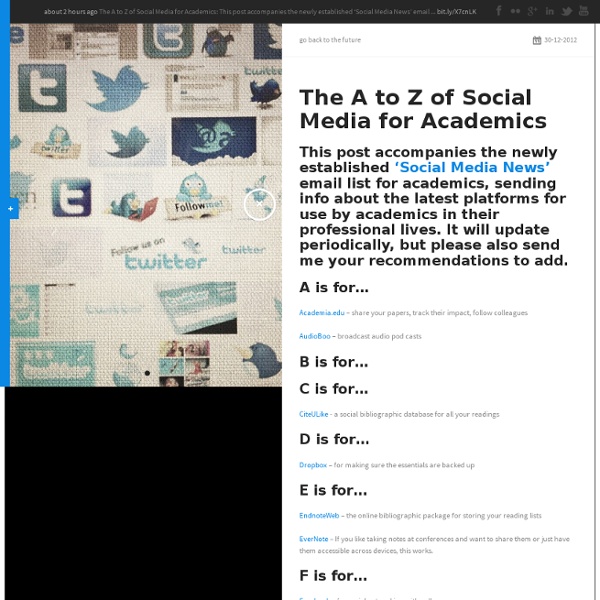Don't mind the gap
Earlier this year the House of Lords digital skills committee published a report calling for the teaching of digital skills in schools to be treated as a third core subject, on a par with lessons in numeracy and literacy. The committee also called for urgent action to support teachers who are not sufficiently well equipped to teach the new computing curriculum, insisting that no child should leave school without basic digital literacy. This got me thinking. While of course I agree with the committee’s overarching goal of ensuring that UK PLC will be able to count on a workforce that is digitally literate enough to compete successfully on the world stage, I am not sure whether teachers will ever feel confident that they are sufficiently digitally literate to teach the subject. Let me explain. My own organisation, Kaltura, recently published the results of our second annual State of Video in Education report, a global survey undertaken by more than 1,200 respondents involved in education.
New Study Uncovers What Teens Actually Share On Social Media
Ever wondered how students really act online? What they’re actually sharing with their friends? Heck, if they’re even using their real name and other information?
Clay Shirky
Fifteen years ago, a research group called The Fraunhofer Institute announced a new digital format for compressing movie files. This wasn’t a terribly momentous invention, but it did have one interesting side effect: Fraunhofer also had to figure out how to compress the soundtrack. The result was the Motion Picture Experts Group Format 1, Audio Layer III , a format you know and love, though only by its acronym, MP3. The recording industry concluded this new audio format would be no threat, because quality mattered most. Who would listen to an MP3 when they could buy a better-sounding CD at the record store?
untitled
Students can often take the easy way when generating a presentation, creating lists of bullet points from a source text, without thinking about the effectiveness (or not) of such approaches or how close they may be to plagiarism of the source. As educators who are seeking to develop students transferable skills we need to facilitate the acquisition of more imaginative approaches to oral presentations by students. “Reconstructing” the source information to create something more visual may itself facilitate learning.
10 Steps for Educators New to Twitter
Educators from all around the world are beginning to use Twitter as a valuable piece in their professional growth toolbox. As professional development continues to evolve and transform, we will need new ways to encourage teachers to embrace new opportunities. Here is a "How to Twitter Guide" to share with new and veteran teachers.
Howard Rheingold
Syllabi Social Media Literacies (Based on Net Smart) First taught at Stanford, Winter 2013. Editable Google Doc version (ask me for editing privs) and editable Google Doc high school version (ask me). Social Media Issues
One in ten adults have no IT experience
One in ten adults have no experience of using computers, according to a report published by the OECD last month. The report, “Adults, Computers and Problem Solving – What’s the Problem”, reveals some key patterns concerning levels of ICT competence across the OECD and their consequences. While one third of adults across OECD nations participating in the 2012 PIAAC Survey of Adult Skills are at the highest levels of proficiency in using ICT, the survey also reveals that a significant proportion of adults have limited ICT skills or indeed no experience of using computers at all. On average across all countries surveyed around one in five adults had very limited ICT skills with one in 10 having no experience of using computers at all. Variations between countries
The Teacher's Guide to Social Media
Education is a two-way street — oftentimes, those who teach could stand to learn a few things as well. Social media, for one, is largely dominated by Generation Y. We invented it, we grew up with it and we know it like the back of our keyboard-ready hands.
15 Inspiring TED Talks
You've selected your classes and shopped for your dorm room. You've bought some new clothes and packed your favorite things. The new semester is around the corner and you're as ready as you'll ever be. Unless, that is, you want to get a tiny bit ahead. We know you're excited, and probably more than a little nervous, so take some time to listen to these TED talks to get some inspiration before you even have a syllabus to crack. You'll learn some important lessons that may just stick with you throughout college and beyond.
Why teachers need professional learning communities
**The Edvocate is pleased to publish guest posts as way to fuel important conversations surrounding P-20 education in America. The opinions contained within guest posts are those of the authors and do not necessarily reflect the official opinion of The Edvocate or Dr. Matthew Lynch.**
5 Ways To Make Students Better At Sharing Online
Sharing is something that all human beings need to effectively know how to do. It begins with teaching toddlers to share their toys, and from there it never ends. As those toddlers turn in to teenagers who turn in to college students, they learn a new type of sharing that is important in the digital age: social sharing.



